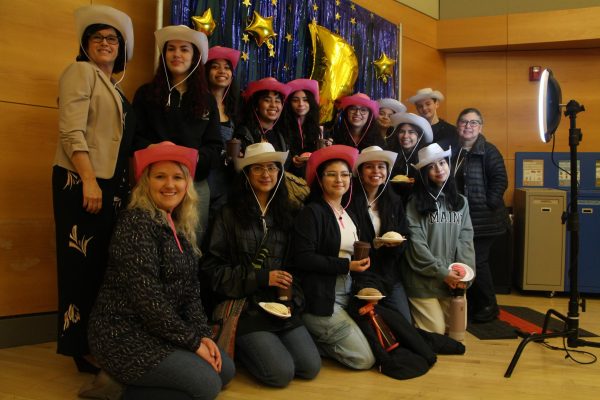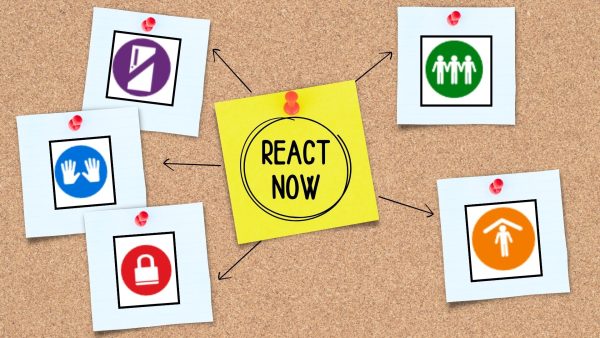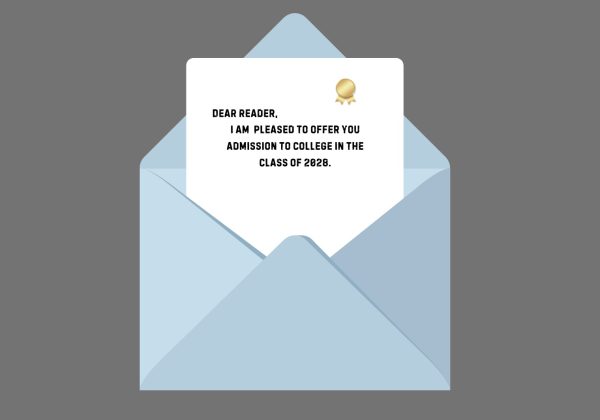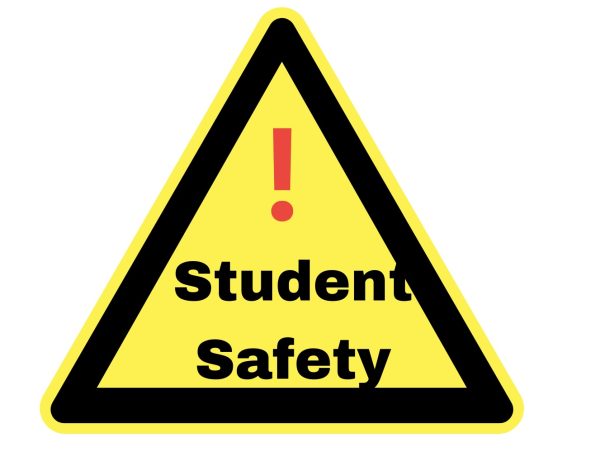Teaching consent at West Linn
How it needs to change
In the West Linn School District, many students will not learn about consent in the academic setting. The highly important subject will not be taught until 10th grade in Wellness 2, a class many students can curb by taking NIA or yoga, which do not cover any sort of sexual education.
Teaching consent in school continues to be highly contentious and students, especially those with traumatic experiences surrounding the matter wonder how it will be taught. In Wellness 2, I was never told that if the following topics were triggering to me, I could leave the room.
While this doesn’t affect me directly, I know there are students at West Linn who are victims of sexual abuse and have trouble listening and talking about consent. People with these issues need to feel like they are in a safe learning environment, which is not always applicable when covering these intense subjects.
According to U.S. News, California, New Jersey and Oregon have comprehensive sex education standards, requiring teachers to discuss healthy relationships as part of sex education. Each state, CAP says, requires educators to use medically correct materials, as well as incorporate lessons on healthy relationships or consent. However, there is little to be said about which grade levels will be taught about the specifics of consent. This is where the majority of our problem lies.
Students who are taught consent will already be at least 15 or 16 years old, which is way past the manifestation of sexuality for the average teen. Puberty usually begins between the ages of eight and 12 in girls and between the ages of 10 and 14 in boys. Puberty involves physical growth and sexual maturation, as well as psychological and social development. In middle school, students begin learning about the developments of their body, so why not pair that with the proper teachings of consent?
I know that the health curriculum can’t change overnight, and the teaching of consent may be absent in a student’s life for many years to come. However, this does not mean we cannot self-educate. There is some great information you can find online about what consent is and how to know if you have it. Plannedparenthood.org as well as a video called “Tea Consent” give great insight on this subject matter. Consent is not something to be taken lightly, so if you haven’t learned about it, the time is now.
Your donation will support the student journalists of West Linn High School. Your contribution will allow us to continue to produce quality content by purchasing equipment, software, and continuing to host our website on School Newspapers Online (SNO).

Speaking up for herself and others has never been an issue for Paige Rodriguez, senior. Now, she’s decided to add writing to the mix.
“I love the...

























![Game, set, and match. Corbin Atchley, sophomore, high fives Sanam Sidhu, freshman, after a rally with other club members. “I just joined [the club],” Sidhu said. “[I heard about it] on Instagram, they always post about it, I’ve been wanting to come. My parents used to play [net sports] too and they taught us, and then I learned from my brother.”](https://wlhsnow.com/wp-content/uploads/2024/03/MG_7715-2-1200x800.jpg)
![At the bottom of the third inning, the Lions are still scoreless. Rowe stands at home plate, preparing to bat, while Vandenbrink stands off to the side as the next batter up. Despite having the bases loaded, the team was unable to score any runs. “It’s just the beginning of the season. We’re just going to be playing out best by June, [and] that’s where champions are,” Rowe said.](https://wlhsnow.com/wp-content/uploads/2024/03/IMG_3077-1200x900.jpg)





![The teams prepare to start another play with just a few minutes left in the first half. The Lions were in the lead at halftime with a score of 27-0. At half time, the team went back to the locker rooms. “[We ate] orange slices,” Malos said. “[Then] our team came out and got the win.”](https://wlhsnow.com/wp-content/uploads/2023/10/IMG_2385-1200x800.jpg)















































































